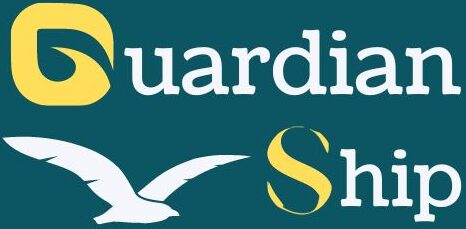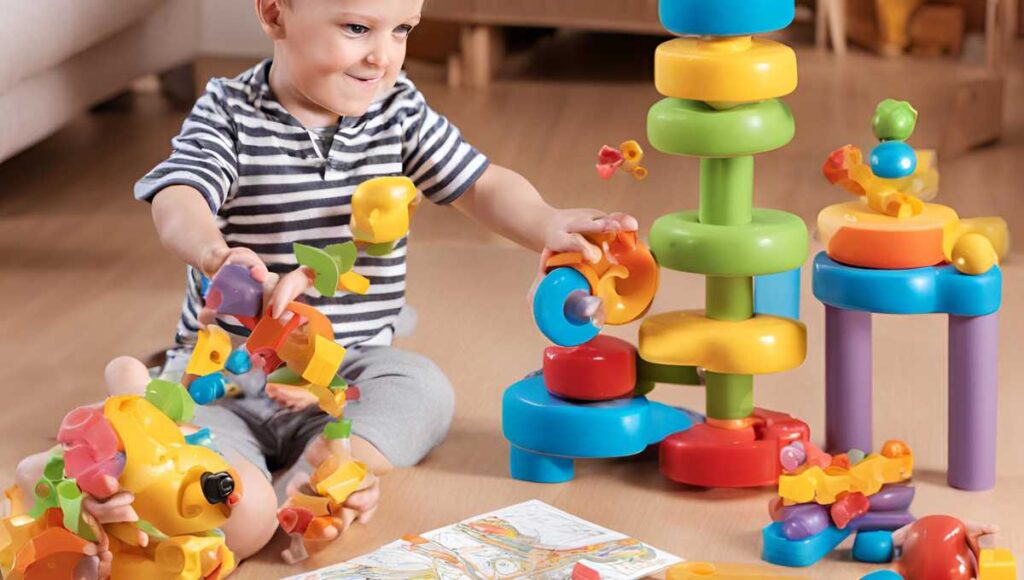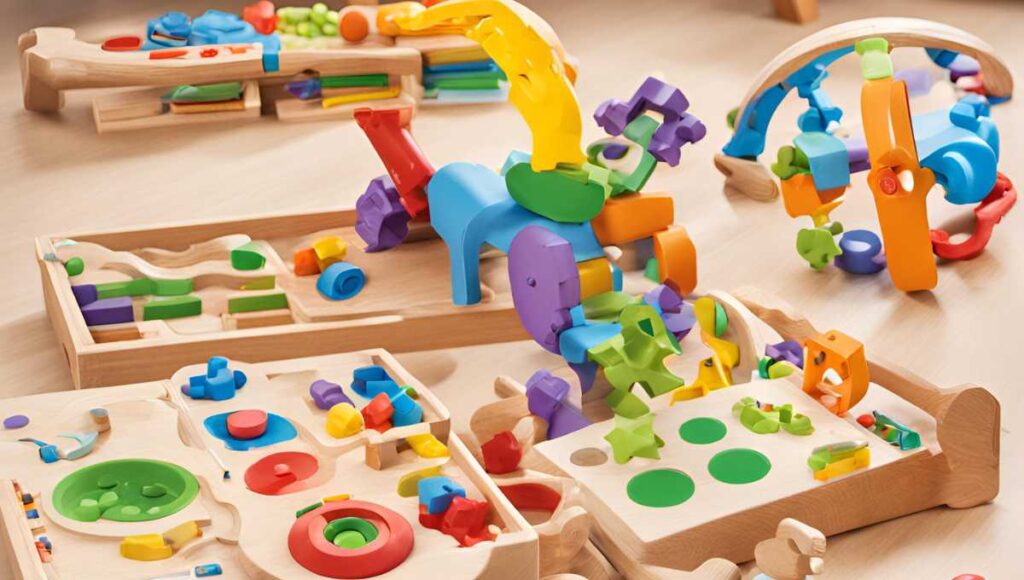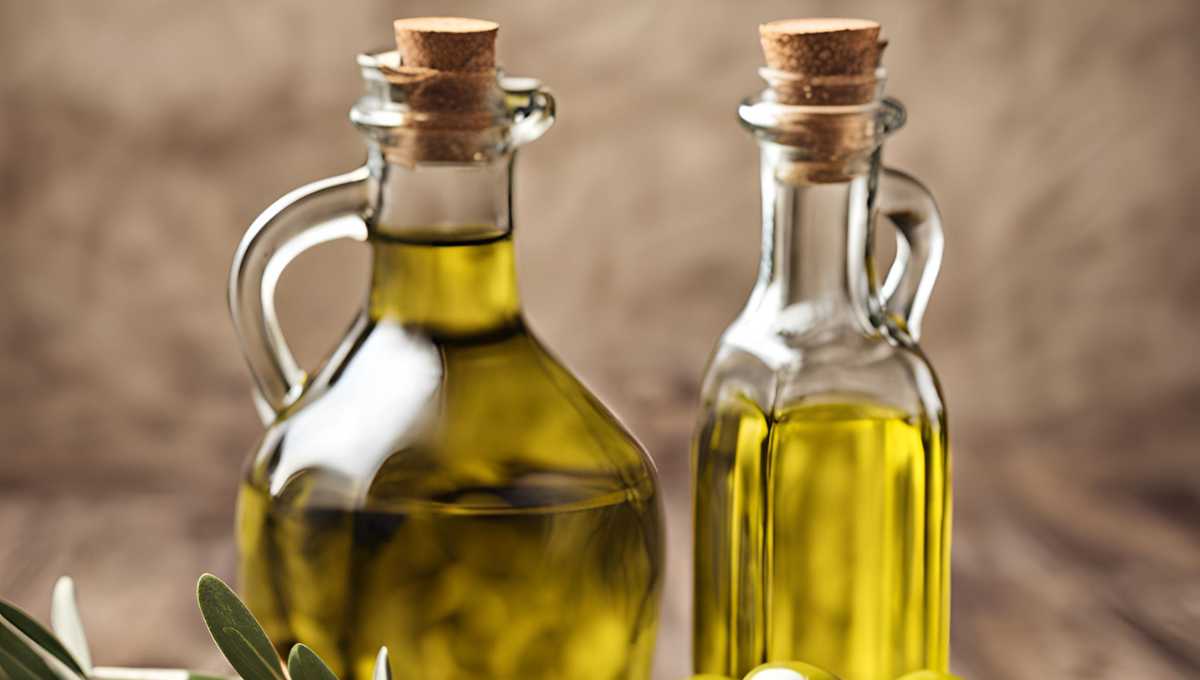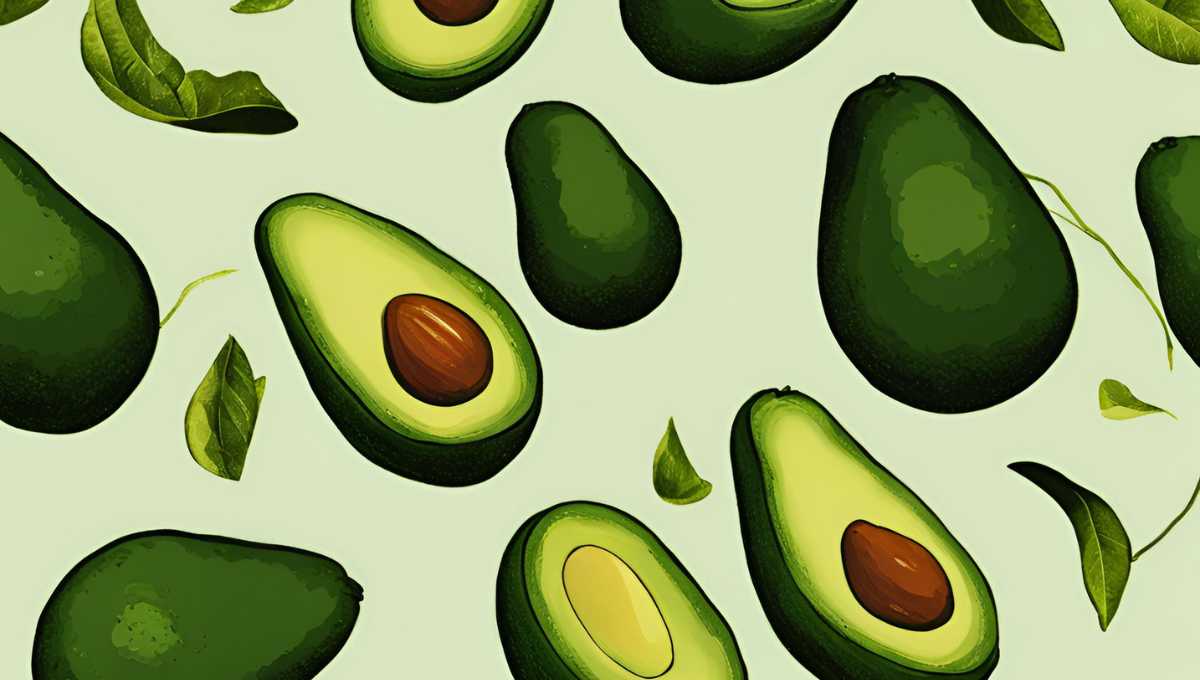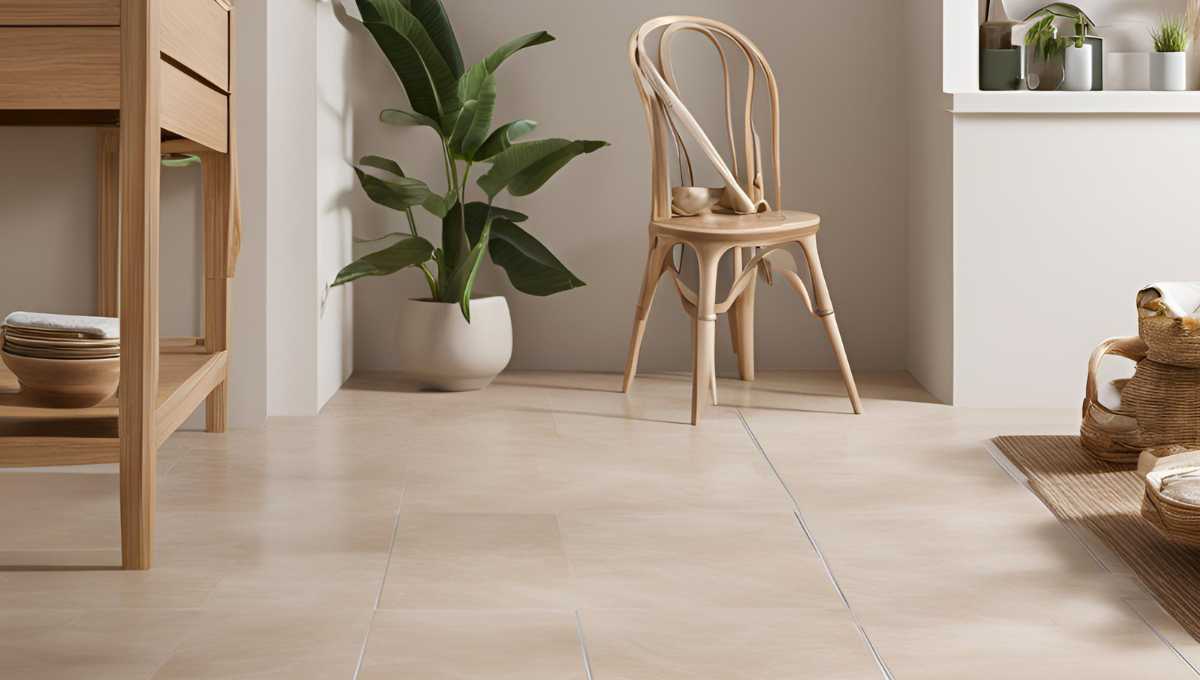Educational toys for preschoolers:
These days, it seems like there’s so much pressure on us moms to prepare our young kids for school. I know I’m not alone when I worry about things like when she should be reading. Am I pushing him enough, or worse, am I pushing him to the point where he hates learning? We are inundated with advice and information on how to teach our preschoolers and toddlers; it just leaves us overwhelmed. But what I’ve learned is that the best way a child under five can learn is through play. That’s why I’ll be sharing the best educational toys that will encourage a love of learning in your toddlers and preschoolers.
The first educational toys on my list is a block.
- This super simple toy packs so many learning benefits.
- They come in plenty of options, like wooden, plush, or foam, but the ones I prefer are the soft plastic blocks because they’re soft enough for my 12-month-old, who loves to throw, but sturdy enough to build with.
- With young toddlers, you can use playing with blocks as an opportunity to build vocabulary.
- Get descriptive, show them a block, and describe the shape and color.
- If your blocks have pictures on them, describe that.
- Count the blocks as you build towers, and describe how big your tower is.
- When they knock them down, tell them what happened: “You hit my tower, and it fell down.”
For preschoolers,
In This Post
Toggle- Their little brains are at work, gaining a ton of math and engineering skills like measurement,symmetry, balance, geometry, cause and effect, and estimation.
- Currently, my preschooler loves to play package delivery and tries to fit as many blocks together in a toy truck to deliver them.
- Little does she know, she’s strengthening her creative problem-solving skills every time she loads that truck.
Next, I’m going to talk about train sets in educational toys.
- When a child puts together train tracks, they are practicing those very important fine motor and problem-solving skills.
- A way I like to use the train as a learning tool is by turning it into a physics lesson.
- For my toddler, he’s learning about motion when I show him how to roll the train up and down the hills.
- For my preschooler, I will line up the little trees at the bottom of a hill and have her release the train down the slope and knock them down.
- It’s a great way to introduce experimentation to where I’ll ask questions like what if we move the trees further.
- will the train still hit them?
- Or what happens if you add more cars to the train?
- It’s a great way to get her comfortable with physics and prime her for future knowledge of velocity and force.
Next on my list are magnetic tiles in educational toys.
- These guys are different from blocks because you can build grander, sturdier structures with them because of the way they stick together through their magnets.
- Again, it’s a great vocabulary booster as it provides the opportunity to introduce two-dimensional shapes and colors.
- They’re also really fun to knock down.
- As for a preschooler, you can start introducing three-dimensional shapes like cubes and pyramids.
- They have even taught her valuable problem-solving skills.
- For example, she ran out of squares for the house she was building.
- but I taught her how to make more squares by connecting two triangles together.
Number four on my list is Legos.
- This alternative to blocks teaches a lot of persistence.
- Think about it: it takes one wrong block to cause their whole structure to come tumbling down.
- It’s a great way for me to teach her how to turn her frustration into thinking about how she can make it better next time.
- We also use these for more than just building.
- I’ll ask my preschooler to create color patterns,
- determine what tower is taller,
- or which pile has more.
- Legos have been a great hands-on math tool.
Here’s one of my personal favorites: puzzles.
- Puzzles have personally taught my daughter how to be patient and persistent.
- They’re also a great toy for building spatial awareness, critical thinking, and memory.
- The best ones for young toddlers are the chunky or peg pieces that fit into a matching shape.
- So far, my toddler’s favorite puzzle is the shape sorter.
- He loves trying to get the shapes into the holes.
But remember,
- as tempting as it is to help them right away.
- Give them the opportunity to struggle so they can find ways to figure it out on their own.
- This will build their self-confidence when they get older.
- Jigsaws are a great go-to.
- Start small, and as they master the four-piece, twelve-piece, and so on,
- then go up to the next step.
- That way, they always stay challenged.
- There are also different types, like spelling puzzles once your child starts learning to read, and geographical ones, like the USA puzzle.
And last are sensory bins.
- These may be messy, but they are providing a way for your child to explore their world through their senses.
- They’re learning what corn sounds like when it’s being poured into a tin can.
- They’re feeling the grittiness of sand as they squeeze it into their hands.
- Sensory bins are also great for teaching pre-math skills.
- As your child pours the contents, they’re learning about measurement, estimation, and volume.
- There are a ton of options, from rice to slime to oatmeal.
- Our personal favorites are corn, water, and kinetic sand.
- It’s also the toy that keeps my preschooler entertained the longest.
- However, sensory bins are definitely a toy your toddler has to grow into, with the exception of water sensory bins, which don’t benefit my toddler son just yet because he’s more focused on either eating the contents or throwing them everywhere.
FAQ
Educational toys help in developing essential skills such as motor abilities, problem-solving, creativity, and cognitive development. They make learning fun and engaging, encouraging children to explore and discover.
Consider the child’s age, interests, and developmental needs. Ensure the toy is safe, age-appropriate, and targets specific skills such as motor abilities, creativity, or problem-solving.
Yes, educational toys can provide significant developmental benefits. They can enhance learning and development through play, making them a worthwhile investment in your child’s future.
Always check for non-toxic materials, smooth edges, and sturdy construction. Ensure the toy meets safety standards and has no small parts that could pose a choking hazard.
While educational toys are beneficial, they should complement traditional learning methods, not replace them. A balanced approach that includes various learning experiences is best for a child’s development.
